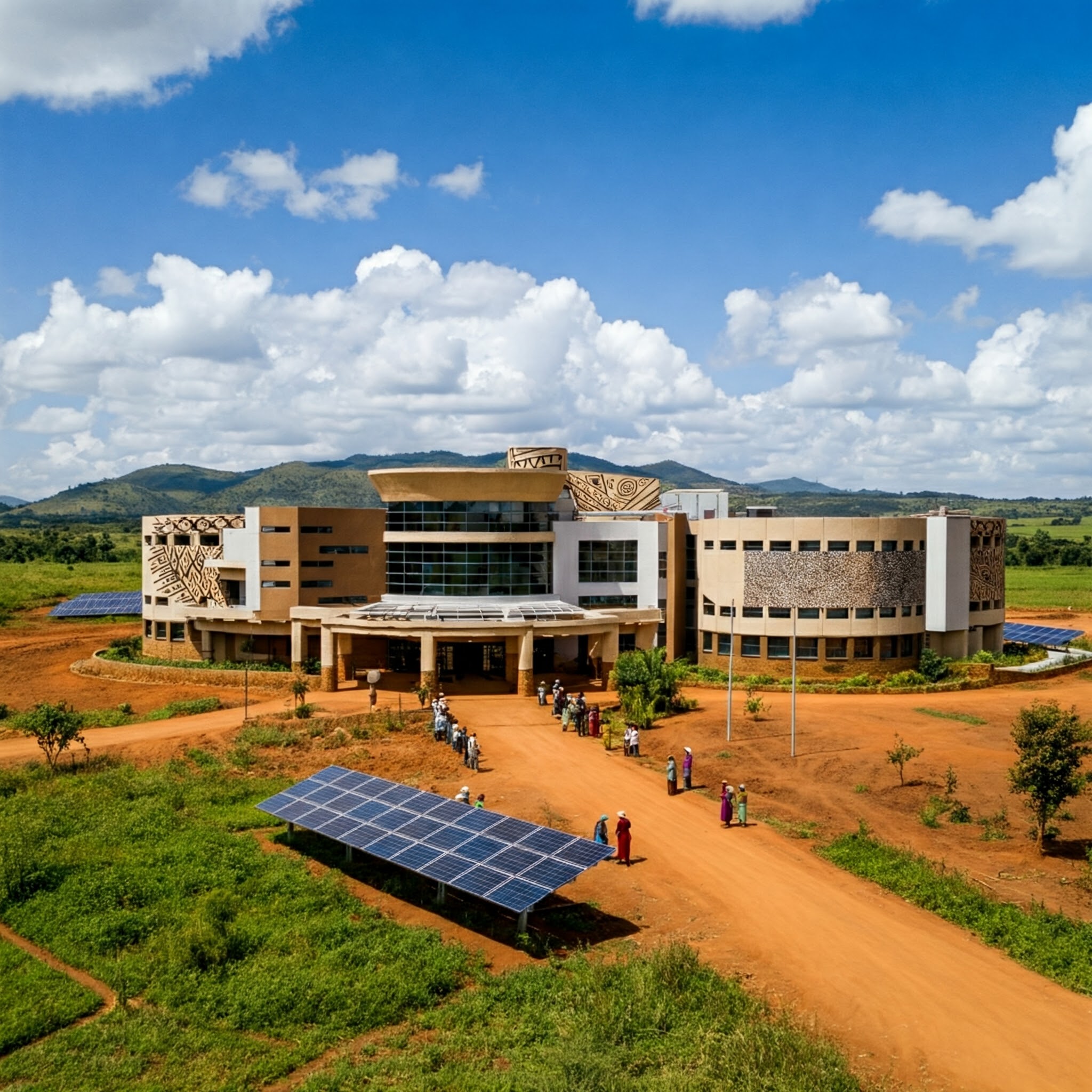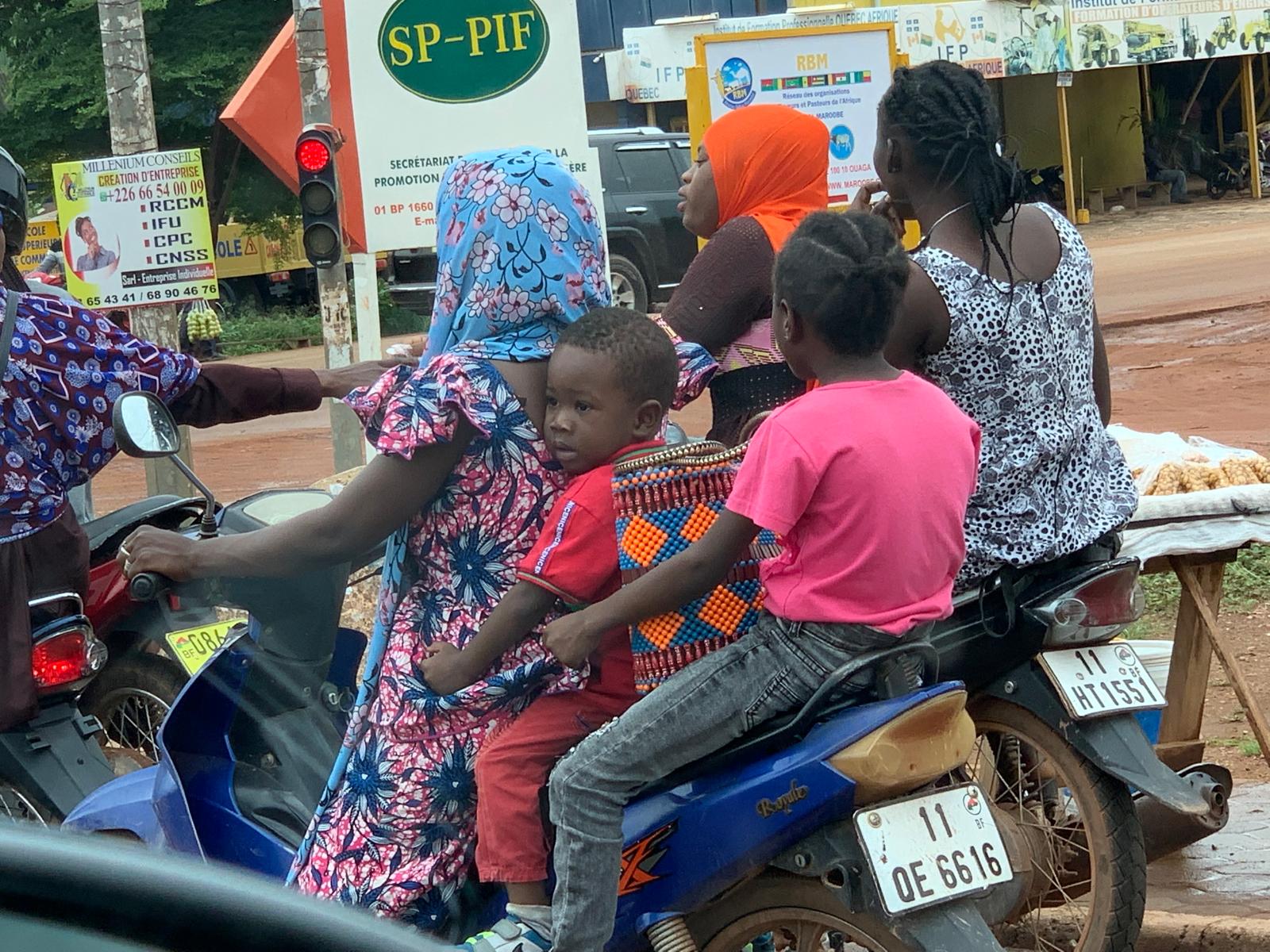
Security in the Sahel region: violent extremism in fragile states
The Role of Regional Security Cooperation in Countering Violent Extremism in the Sahel Region
The Sahel region of Africa is a region of immense strategic importance, as it is home to a number of fragile states and is a major transit point for illicit goods and people. It is also a region that is particularly vulnerable to the threat of violent extremism, with a number of extremist groups operating in the region. In order to effectively counter this threat, regional security cooperation is essential.
Regional security cooperation is a key tool in countering violent extremism in the Sahel region. It involves the coordination of efforts between states in the region to address common security threats, such as terrorism and organized crime. This cooperation can take many forms, including the sharing of intelligence, the coordination of military operations, and the development of joint strategies to address the root causes of extremism.
The sharing of intelligence is a key component of regional security cooperation in the Sahel region. By sharing intelligence, states can better identify and target extremist groups, as well as their sources of funding and support. This intelligence sharing can also help states to better understand the motivations and strategies of extremist groups, allowing them to develop more effective counter-measures.
The coordination of military operations is also an important part of regional security cooperation in the Sahel region. By coordinating their efforts, states can more effectively target extremist groups and disrupt their operations. This can include the deployment of joint military forces, as well as the sharing of resources and expertise.
Finally, regional security cooperation can also involve the development of joint strategies to address the root causes of extremism. This can include the development of economic and social policies that address poverty and inequality, as well as the promotion of education and religious tolerance. By addressing the underlying causes of extremism, states can help to reduce the appeal of extremist ideologies and prevent the spread of violent extremism.
In conclusion, regional security cooperation is an essential tool in countering violent extremism in the Sahel region. Through the sharing of intelligence, the coordination of military operations, and the development of joint strategies to address the root causes of extremism, states can more effectively target extremist groups and disrupt their operations. This regional cooperation is essential for ensuring the security and stability of the Sahel region. ALG has been supporting the development of the regional stabilization strategy, with the Liptako Gourma Authority, gathering Burkina Faso, Mali and Niger.
Examining the Impact of Climate Change on Security in the Sahel Region
Climate change is having a profound impact on security in the Sahel region of Africa. This region, which stretches from the Atlantic Ocean to the Red Sea, is home to some of the world’s poorest countries and is already facing a range of security challenges. Climate change is exacerbating these existing problems, leading to increased instability and insecurity in the region.
The Sahel region is particularly vulnerable to the effects of climate change due to its arid climate and fragile ecosystems. Rising temperatures and changing rainfall patterns are leading to desertification, soil erosion, and water scarcity. These environmental changes are having a direct impact on the livelihoods of the people living in the region, leading to increased poverty and food insecurity. This, in turn, is leading to increased competition for resources, which can lead to conflict between communities.
Climate change is also having an indirect impact on security in the Sahel region. As temperatures rise, the region is becoming increasingly attractive to migrants from other parts of Africa and the Middle East. This influx of people is putting a strain on already limited resources, leading to increased competition and tension between communities. In addition, the changing climate is making it easier for terrorist groups to operate in the region, as they are able to take advantage of the instability caused by environmental changes.
The security situation in the Sahel region is likely to worsen in the coming years as the effects of climate change become more pronounced. In order to address this issue, it is essential that governments in the region take steps to mitigate the effects of climate change and to build resilience to its impacts. This includes investing in sustainable agriculture, improving access to clean water, and providing support to vulnerable communities. In addition, it is important that the international community provides support to the region in order to help it cope with the effects of climate change. Only by taking these steps can the security situation in the Sahel region be improved.
Exploring the Role of Women in Countering Violent Extremism in the Sahel Region
The Sahel region of Africa is a region of immense cultural and religious diversity, and is home to a variety of ethnic and religious groups. In recent years, the region has been plagued by violent extremism, which has had a devastating impact on the lives of the people living there. While much of the focus on countering violent extremism (CVE) has been on military and security measures, there is an increasing recognition of the important role that women can play in countering this threat.
Women in the Sahel region have long been marginalized and excluded from decision-making processes, and this has had a negative impact on their ability to contribute to CVE efforts. However, there is growing evidence that women can be powerful agents of change in countering violent extremism. Women have unique insights into the dynamics of their communities, and can be effective in identifying and addressing the root causes of extremism. They can also be effective in providing support to victims of violence, and in promoting peace and reconciliation.
Women can also play an important role in countering extremist narratives. They can challenge extremist ideologies by providing alternative narratives that promote tolerance and respect for diversity. Women can also be effective in providing education and training to young people, helping to equip them with the skills and knowledge to resist extremist ideologies.
Finally, women can be powerful advocates for change in their communities. They can use their voices to challenge the status quo and to call for greater inclusion and participation in decision-making processes. This can help to create an environment in which extremism is less likely to take root.
In conclusion, women have an important role to play in countering violent extremism in the Sahel region. By leveraging their unique insights, skills, and experiences, women can be powerful agents of change in promoting peace and security in the region. It is therefore essential that women are included in CVE efforts, and that their voices are heard in the decision-making processes that shape the future of the region.
Insecurity in the Sahel is linked to the fragilities experienced by the States of the region. Several studies carried out in recent years have demonstrated this. Ongoing research work must be done to help government actors and regional decision-makers make the right decisions.











You must be logged in to post a comment.